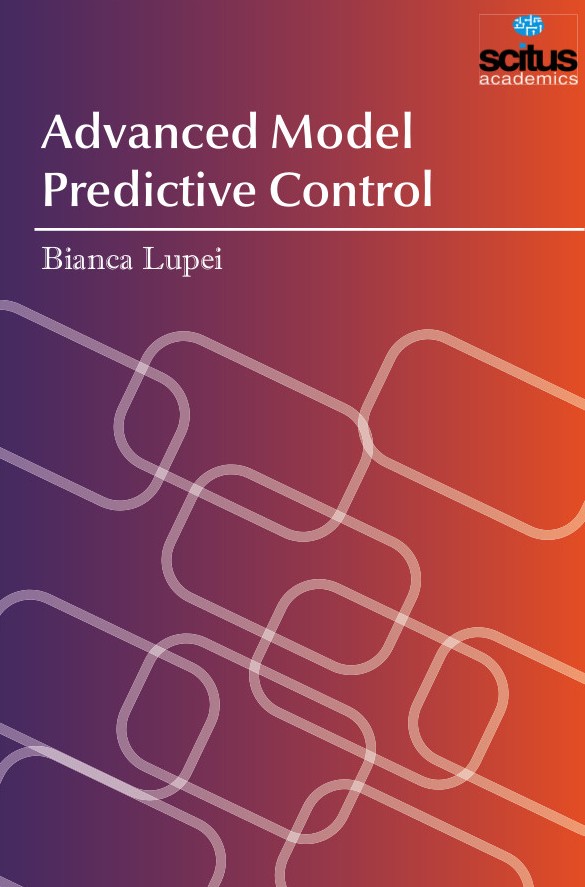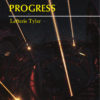Model predictive control is an advanced method of process control that has been in use in the process industries in chemical plants and oil refineries since the 1980s. In recent years it has also been used in power system balancing models. Model predictive controllers rely on dynamic models of the process, most often linear empirical models obtained by system identification. The main advantage of model predictive control is the fact that it allows the current timeslot to be optimized, while keeping future timeslots in account. This is achieved by optimizing a finite time-horizon, but only implementing the current timeslot. Model predictive control has the ability to anticipate future events and can take control actions accordingly. MPC models predict the change in the dependent variables of the modelled system that will be caused by changes in the independent variables. In a chemical process, independent variables that can be adjusted by the controller are often either the setpoints of regulatory PID controllers or the final control element. Independent variables that cannot be adjusted by the controller are used as disturbances. Dependent variables in these processes are other measurements that represent either control objectives or process constraints.
The book entitled Advanced Model Predictive Control is intended to present the readers the recent achievements in this field. The book also delivers applications of MPC in modern industry and effective commercial software for MPC is familiarized.













